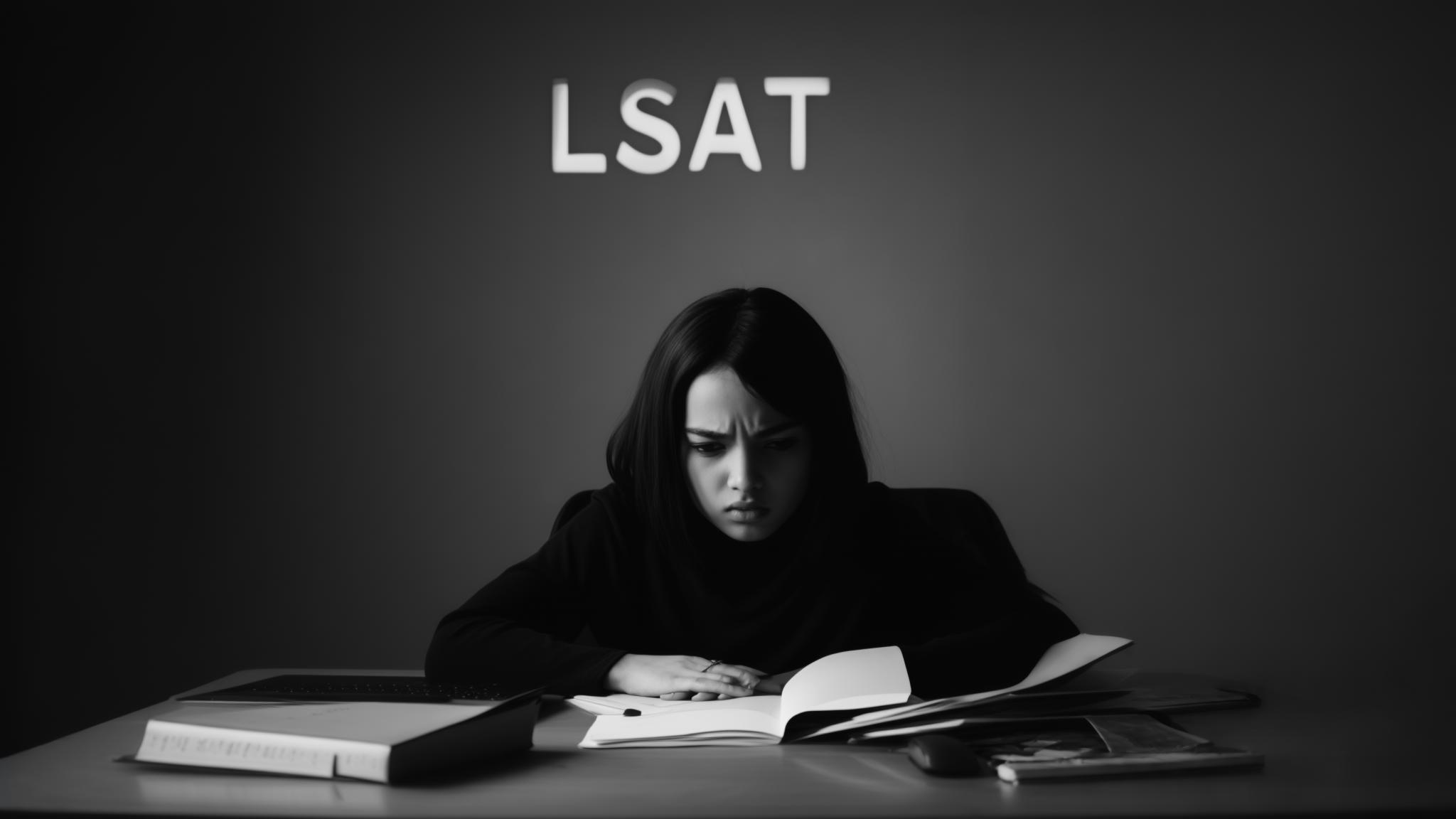-
Table of Contents
- Decoding the LSAT Cost: A Comprehensive Guide for Aspiring Law Students
- Understanding the Core LSAT Costs
- LSAT Registration Fee
- LSAT Score Preview
- Credential Assembly Service (CAS) Fee
- The Hidden Costs: Preparation and Study Materials
- Self-Study Materials
- LSAT Prep Courses
- Private Tutoring
- Additional Expenses to Consider
- LSAT Writing Sample
- Score Reports
- Travel and Accommodation
Okay, here’s a comprehensive, SEO-optimized article about the costs associated with the LSAT, written from a professional SEO’s perspective, designed for a WordPress editor, and incorporating your specific keywords.
“`html
Decoding the LSAT Cost: A Comprehensive Guide for Aspiring Law Students

Embarking on the journey to law school is a significant investment, both in time and money. One of the first hurdles is the Law School Admission Test (LSAT®), a standardized test crucial for admission to law schools. Understanding the costs associated with the LSAT is essential for effective financial planning. This article provides a detailed breakdown of all the expenses involved, helping you navigate the financial landscape of your LSAT preparation and test-taking experience.
Understanding the Core LSAT Costs
The most obvious cost is the LSAT registration fee itself. However, this is just the tip of the iceberg. Let’s delve into the various components that contribute to the overall expense.
LSAT Registration Fee
The basic LSAT registration fee covers the cost of taking the test. This fee is subject to change, so it’s crucial to check the Law School Admission Council (LSAC) website for the most up-to-date information. As of late 2023, the fee is around $238. This fee grants you access to the test and the score reporting services.
LSAT Score Preview
LSAC offers a Score Preview option for first-time test takers. This allows you to view your score before deciding whether to cancel it. If you are unsure about your performance, this can be a valuable option, but it comes at an additional cost. The price for this service is around $45.
Credential Assembly Service (CAS) Fee
The Credential Assembly Service (CAS) is mandatory for most law school applicants. It standardizes your transcripts and letters of recommendation, making it easier for law schools to evaluate your application. The CAS registration fee is a significant expense, typically around $195. This fee covers the cost of processing your transcripts and letters of recommendation and sending them to the law schools you designate.
The Hidden Costs: Preparation and Study Materials
While the registration and CAS fees are unavoidable, the costs associated with LSAT preparation can vary significantly depending on your chosen study methods. Effective preparation is key to achieving a high score, which can, in turn, increase your chances of admission and potentially lead to scholarship opportunities.
Self-Study Materials
For those who prefer to study independently, a range of self-study materials are available. These include:
- Official LSAT PrepTests: These are actual, previously administered LSATs and are invaluable for practice. A single PrepTest can cost around $20, while collections of PrepTests can range from $30 to $50.
- LSAT Strategy Guides: These books provide explanations of the test format, strategies for tackling different question types, and practice questions. Prices vary widely, from $20 to $60 per book.
- Online Resources: Many websites and apps offer free or low-cost LSAT practice questions and explanations. However, it’s important to ensure the quality and accuracy of these resources.
The cost of self-study materials can range from a few hundred dollars to over a thousand, depending on the breadth and depth of your chosen resources.
LSAT Prep Courses
LSAT prep courses offer structured instruction, expert guidance, and comprehensive practice materials. These courses can be a significant investment, but they can also provide a substantial boost to your score. The cost of LSAT prep courses varies depending on the provider, format (in-person or online), and duration.
- Live Online Courses: These courses offer real-time instruction from experienced instructors, along with interactive practice sessions and personalized feedback. Prices typically range from $800 to $2000.
- In-Person Courses: These courses provide the benefit of face-to-face interaction with instructors and classmates. However, they are often more expensive than online courses, with prices ranging from $1000 to $3000.
- On-Demand Courses: These courses offer pre-recorded lectures and practice materials that you can access at your own pace. They are generally the most affordable option, with prices ranging from $300 to $1000.
Choosing the right prep course depends on your learning style, budget, and time constraints. Consider factors such as the instructor’s experience, the course’s curriculum, the availability of practice materials, and the level of personalized support offered.
Private Tutoring
Private tutoring offers personalized instruction tailored to your specific needs and weaknesses. A private tutor can provide one-on-one guidance, identify areas for improvement, and develop a customized study plan. Private tutoring is generally the most expensive option, with hourly rates ranging from $75 to $200 or more. The total cost of tutoring can vary widely depending on the number of hours you need.
Additional Expenses to Consider
Beyond the core registration and preparation costs, several other expenses can add to the overall financial burden of the LSAT.
LSAT Writing Sample
The LSAT includes an unscored writing sample, which is sent to law schools along with your score. While there is no separate fee for the writing sample, you may need to invest in resources to improve your writing skills. This could include books on essay writing or feedback from a writing tutor.
Score Reports
The CAS fee includes a certain number of score reports sent to law schools. However, if you apply to more schools than the included number, you will need to pay an additional fee for each additional score report. This fee is typically around $45 per school.
Travel and Accommodation
If you need to travel to a testing center, you will need to factor in the cost of transportation, accommodation, and meals. These expenses can be







